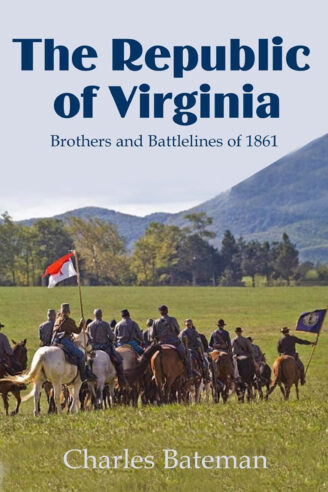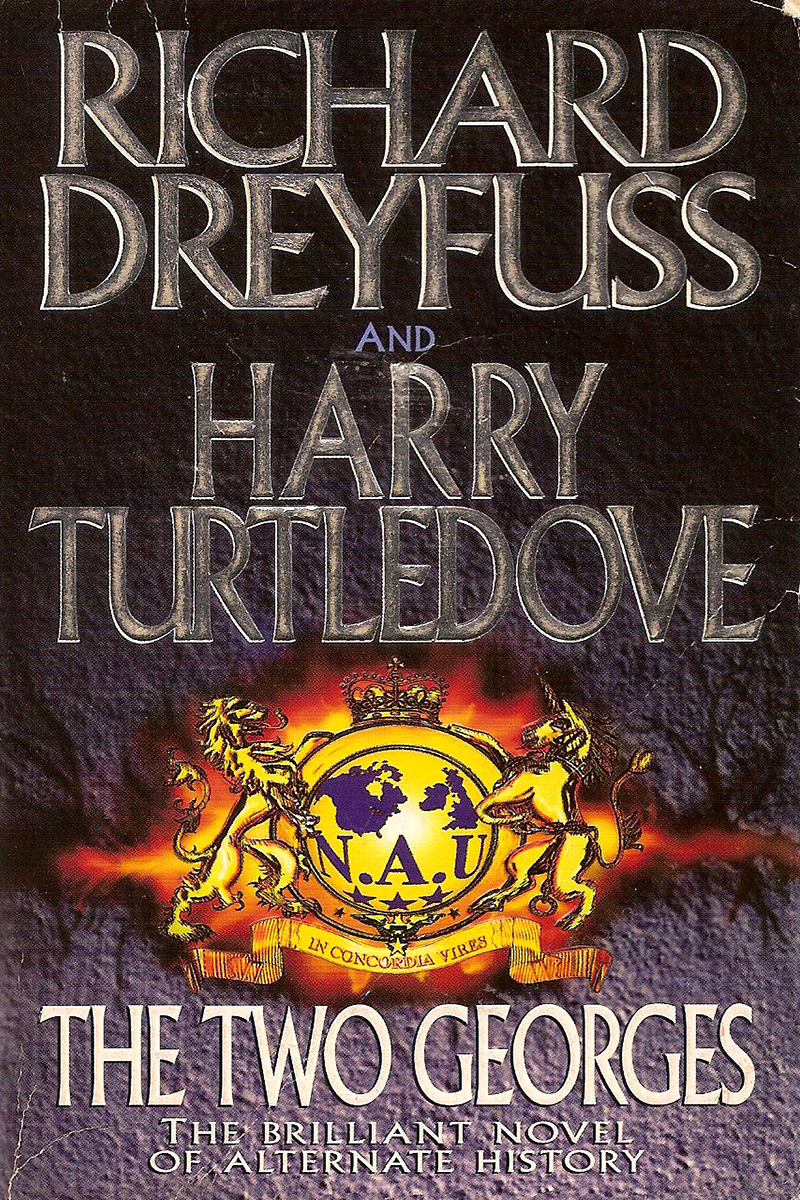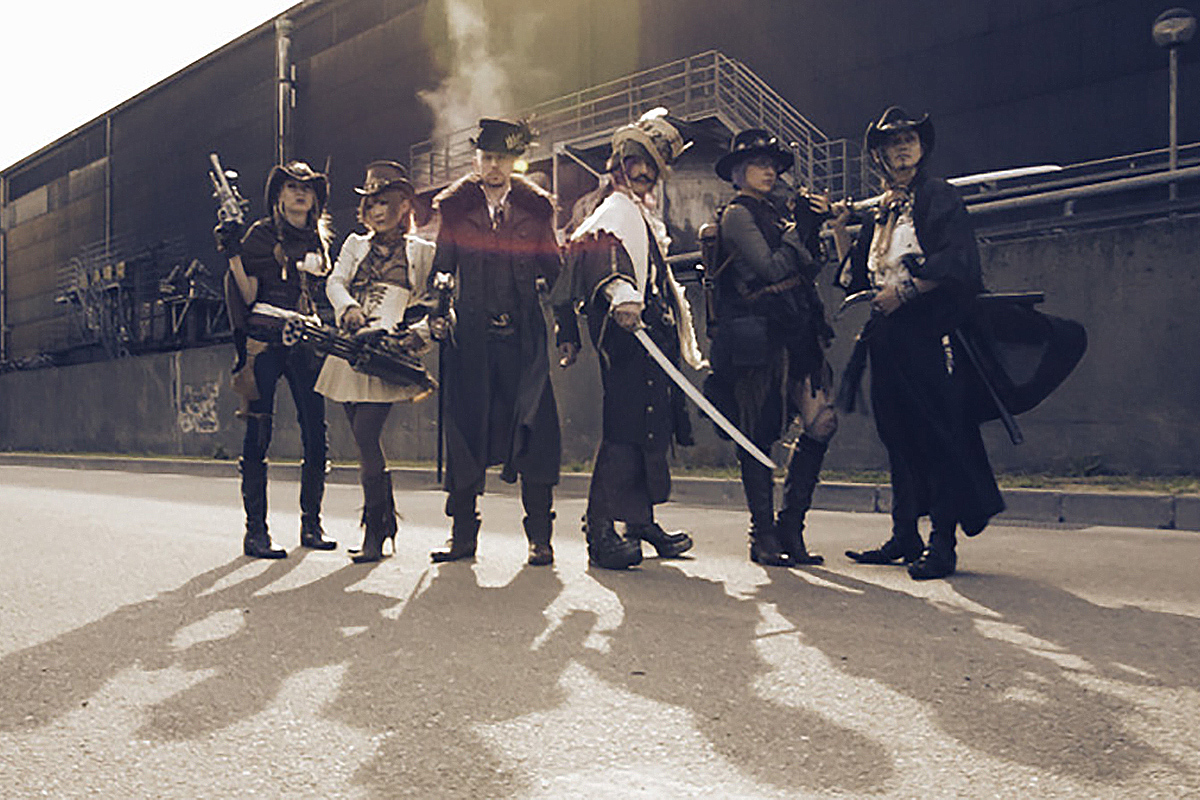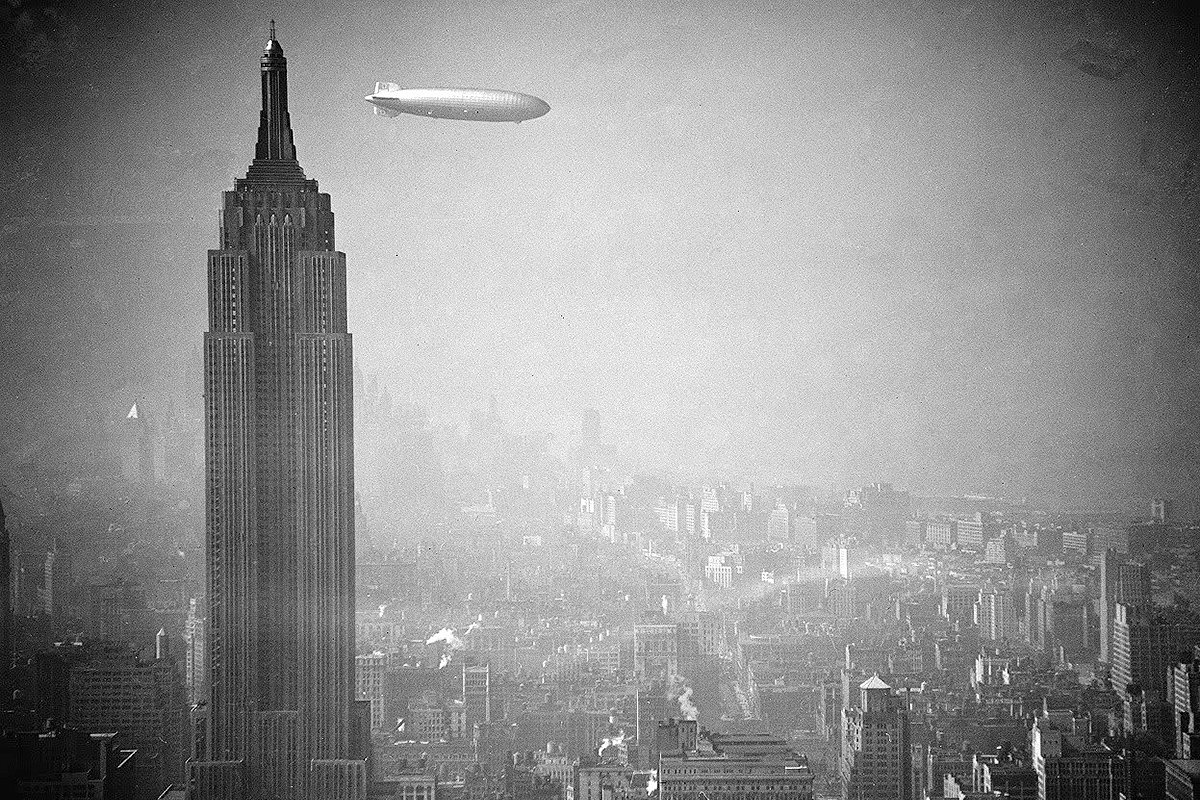I have, with the exception of my four years at the College of William & Mary, been a lifelong resident of northern Virginia, which is a fancy way of referring to the suburban sprawl of Washington DC on the southern banks of the Potomac. We joke that this region is “occupied Virginia,” and Ed Gillespie, the Republican nominee for governor in 2017, called us “not real Virginians.”
As such, my interaction with the rest of the state can be slight. I was interested, then, to see that Charles Bateman had written an alternate-history novel, The Republic of Virginia: Brothers and Battlelines of 1861, focusing on the state.
As the subtitle suggests, The Republic of Virginia is set during the American Civil War. Unlike in our world, Virginia refuses to join the Confederacy and instead resists the Union as an independent country.
The book is clearly influenced by wargames, and to its detriment. Every chapter you are exposed to new characters, many historical, most in either Virginian or Union militaries. You are given brief descriptions of battles reminiscent of after-action reports of wargames. There is neither the pathos of Stephen Crane, nor the engrossing characters of Michael Shaara in this book, and the likes of Arthur Lyon Fremantle are nowhere to be seen.
Almost immediately, you get the impression that Bateman is not very interested in people, as he never gives you a reason to care about his characters. Nor is he able to make the battle scenes engrossing. Since much of the battle is in Northern Virginia, I recognized several names like Annandale and Aldie (having been to both), but there is simply no effort to make them meaningful.
This failure to engage the reader is made all the more jarring by Bateman’s prose. I am tempted to call it “workmanlike,” but that would imply a level of training and exactness that the author seems to lack. Commas and apostrophes are in short supply relative to their necessity. The Republic of Virginia suffers from prose that evokes nothing and elaborates on nothing, instead opting to move hypothetical pieces around a hypothetical Virginia-shaped game board.
What galled me even more is how Bateman handles race. Within the first few pages, you have a black man who is all too eager to fight for his state. A white Virginian officer is described as knowing “the war was not about slavery.” Much of the book strikes me as an attempt to “purify” the history of Virginia, attempting to sever it from its role as Confederate capital and as the origin of American slavery. It is a state-specific variant of the Lost Cause.
Most jarring of Bateman’s approach to race is the offhanded mention of a formation of black troops in Virginian service being stationed at Fort Monroe. The significance may not be obvious to those not from Virginia. Fort Monroe is a military installation on the southern coast of the Virginia Peninsula near the city of Hampton. Despite being in a seceding state, it was under Union control for the duration of the war, and the Monitor and the Merrimack dueled in the waters nearby. Nicknamed “freedom’s fortress”, Fort Monroe was where many black Virginians fled slavery for protection by the Grand Army of the Republic under contraband provisions. Having black troops loyal to the slavers is jarring enough; placing them in a site known for giving freedom to slaves is downright offensive.
Tom Perriello, an unsuccessful Democratic candidate for governor of Virginia in 2017, asked in a tweet:
Are we the birthplace of American democracy, or American slavery? The first state to elect an African American governor, or the capital of the Confederacy? This is the duality of our Virginia.
Bateman appears to be interested in only the former portion of that duality, and intent on denying the latter.
I am tempted to compare the genre of alternate history to a big beautiful dogwood tree, the state tree of Virginia. They are majestic things with flowers galore, as our genre has the likes of Harry Turtledove and Eric Flint and Dennis Bock and Arturo Serrano and P. Djèlí Clark. On that tree, the mentality espoused by The Republic of Virginia is one of the shells of cicadas that plague the state every seventeen years (and the sight of these shells is one that I will not soon forget). It is a decaying husk of a racist, bland way of doing alternate history that was never really pleasant to begin with. I want the genre to bloom, not to play host to decay.






1 Comment
Add YoursI’ve been a resident of Virginia since 1994. I moved to Winchester from N. Florida. I currently reside in Ashland VA.
I was unaware of Mr. Gillespie’s comment about N. Virginians not being ‘real Virginians but I find it both amusing and asinine. While N. Virginians might not be ‘real’ to him, the tax revenue from that part of the state (the largest proportion, it should be noted) is very real and comments like that are nothing more than pandering to the rural voters who distrust the Federal ‘gummint’ and keep voting conservative legislators into office even if it’s against their best interests.
I’ve often thought that it would be poetic justice if NOVA and Washington DC would team up and form their own state. Would Virginia declare war?
I’ll try to find Mr. Bateman’s book. It looks like a pipe dream of someone who is still stinging over the removal of the statues of traitors coming down around the state.